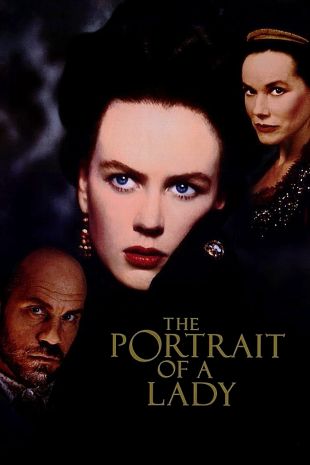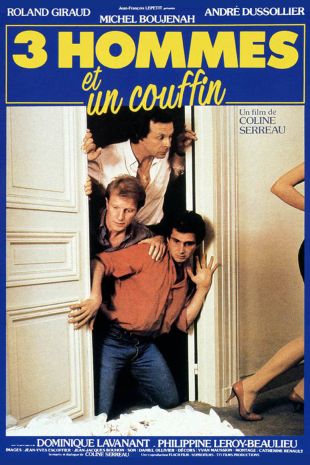During Schubert's brief lifetime, it was all the rage in Austrian society to have an entire evening's salon, a so-called "Schubertaiad," at one's home devoted entirely to the composer's songs and instrumental works. Today, apart from concerts, both appear in approximately 130 films. The instrumental music occurs most often because the songs have such rich dramatic or lyrical characters that attention is naturally drawn to them. However, the one song that is often used precisely because of its strong "motivated" presence is the composer's instantly recognizable setting of the Ave Maria. The song itself was the subject of a short by the noted French director Max Ophüls in 1936. In the musical comedy It's a Date (1940), Deanna Durbin tries out for the part of St. Anne by singing the tune. There is a lovely interpretation in the Disney classic Fantasia (1940) that combines religious and nature imagery. In a wholly different adaptation, the supernatural film Needful Things (1993), based on Stephen King's novel, Ave Maria is contrasted with the presence of a demonic shopkeeper who is causing the populace of a small town to turn against each other. In a satirical usage, television's animated South Park quotes the beginning of the song after the townspeople have just eaten an actor (a cartoon version of Eric Roberts), thinking they have been trapped by a storm, and, after only a few hours, are starving. This song appears in its standard religious context in the Miguel Torres-directed Reina de Reinas (The Queen of Queens, 1948, aka La Vírgen María), and in Serenade (1956) starring the legendary tenor Mario Lanza.
Other Schubert songs enhance Leise Flehen Meine Lieder (1933) (Ständchen and Sag' mir immer wieder), The Song of Songs (1933) (Heidenröslein), and Sammy and Rosie Get Laid (1987) (Der Erlkoenig).
Schubert's famous "unfinished" Symphony No. 8 often accompanies mysteries of various kinds, from the tension-filled classic Dracula (1931), to the brilliant Double Indemnity (1944) (which employs perfectly integrated classical selections), to Escalier C (Staircase C [1985] which also quotes the often cited Trout Quartet, also heard in Brainstorm [1983] and High and Low [1963]). There are some comic uses of the piece, such as in the short Men of Steel (1938) and television's The Roommate (1986). The dramatic biography Unfinished Symphony (1933) (aka Lover Divine) concentrates on portraying Schubert as a man elusive to even his best friends.
Various piano sonatas, impromptus, fantasias, and waltzes occur in Isadora (1968), El Desencanto (The Disenchantment, 1976), The Europeans (1979), A Room With a View (1986), Madame Sousatzka (1988), the sci-fi thriller Gattaca (1997), La Lettre (1999), and Le Goût des autres (The Taste of Others, 1999). The Finnish short M.A. Numminen Meets Schubert (1996) celebrates Schubert's bicentennial. His string quartet Death and the Maiden provided the title for the thought-provoking 1994 political thriller, and the composer's music maintains a constant television presence with the theme song to the series Wings (1990).


